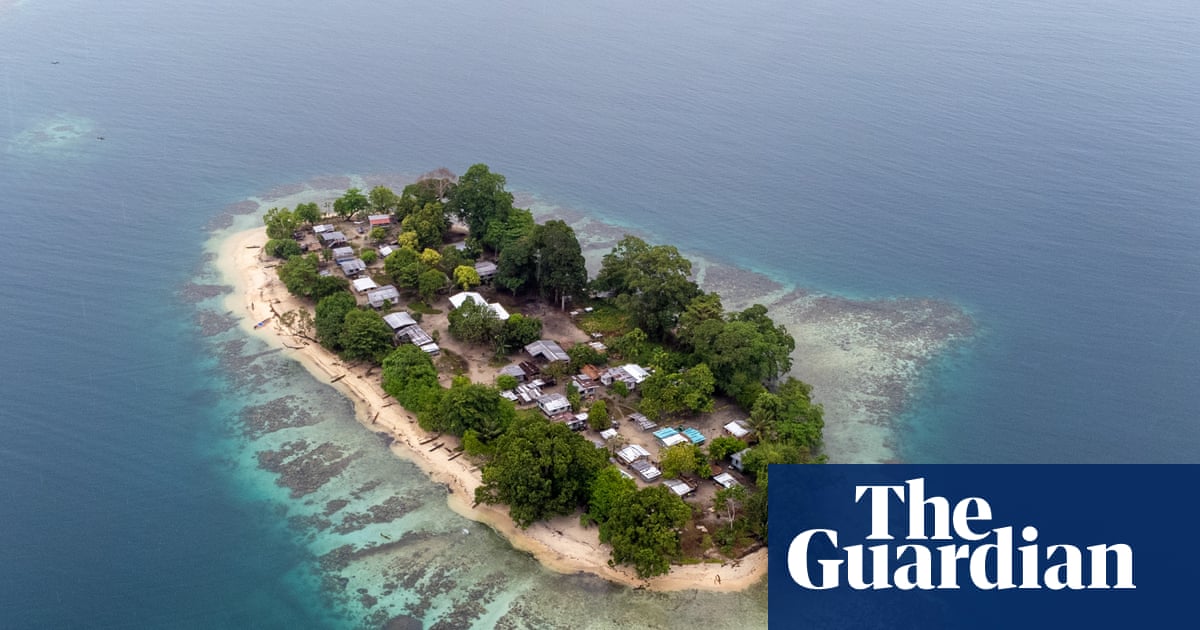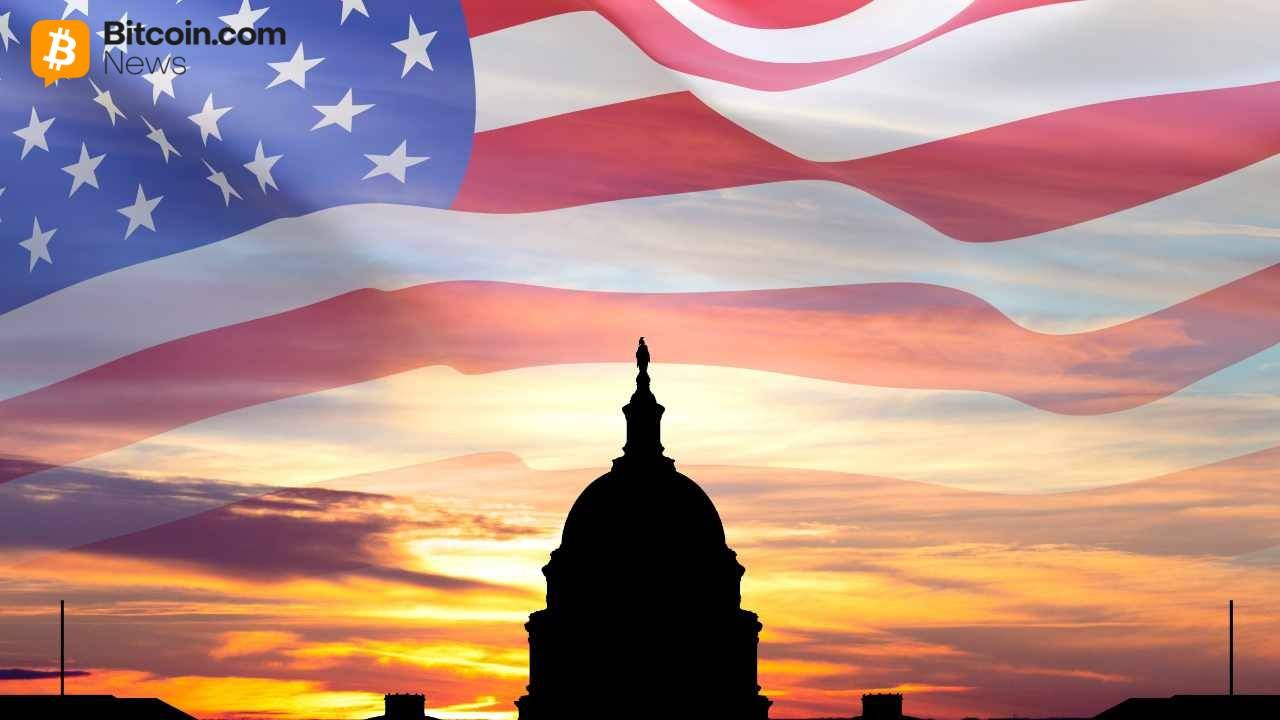Sixty years ago, Polish bishops approached their German counterparts with an unexpected message of reconciliation. To the majority of Poles, the gesture came as a shock. Twenty years after the end of World War Two, at the height of the Cold War, relations between Poland and then-West Germany were characterized by mistrust, hostility and lack of communication.
The division of Germany had been finalized just four years earlier with the building of the Berlin Wall. Two irreconcilable ideological blocs — the capitalist West and the communist East — were now squaring up to each other on either side of the Iron Curtain. It would be another four years before West Germany introduced a policy of detente, after the arrival of the Social Democrat Willy Brandt as chancellor.
The traumatic memory of the war and the German occupation, with 6 million dead on the Polish side and millions of Germans expelled from the east after 1945, weighed heavily on the German-Polish relationship. Furthermore, disagreement over the redrawn border between the two was a constant source of friction between Warsaw and the West German capital, Bonn.
The West German government refused to recognize the post-war border, which had been drawn along the Oder and Neisse rivers. As far as Bonn was concerned, regions east of this line, including Silesia and eastern Pomerania, were “German Eastern Territories currently under Polish administration.” Meanwhile, communist state propaganda pilloried the Germans of the young federal republic, which at the time was still led by the first West German chancellor, Konrad Adenauer (CDU), painting them as arch-enemies and revanchists bent on revenge and the recovery of these former territories.
The churches lead the way towards reconciliation
In this deadlocked situation, it fell to the Catholic church in both countries to play a key role in overcoming the confrontation. In the autumn of 1965, there were intensive contacts between German and Polish bishops on the fringes of the Second Vatican Council in Rome. Archbishop Boleslaw Kominek from Wroclaw emerged as the driving force behind the dialogue.
The Polish bishops planned to invite the episcopacies of other countries to Poland in 1966, when it would celebrate the millennium of the Christianization of Poland. Kominek took this opportunity to send a message of reconciliation to fellow clerics in Germany. In his letter, he stressed the positive aspects of the 1,000 years in which Germany and Poland had been neighbors, while not shying away from mention of Germany’s recent war crimes.
The archbishop also referred to “the suffering of the millions of refugees and displaced Germans,” and paid tribute to German priests who had fallen victim to the Nazi dictatorship. “Thousands of Germans, both Christians and communists, shared the fate of our Polish brethren in concentration camps,” he wrote in the letter. Kominek also stressed that recognition of the Oder-Neisse border was of existential importance to the Polish people.
‘We forgive and ask for forgiveness’
The key sentence came right at the end: “In this most Christian but also very humane spirit, we extend our hands to you sitting on the benches of the ending Council, and we forgive and ask for forgiveness.”
The German bishops replied on December 5, 1965. “We grasp your outstretched hands,” they wrote. “Terrible things have been done to the Polish people by Germans and in the name of the German people. We know that we must bear the consequences of the war, which are also difficult for our country. We understand that the period of German occupation has left a burning wound which is difficult to heal, even with the best will in the world.”
However, the heads of the German Catholic Church did not meet Polish expectations regarding the border dispute. They stressed the right of German expellees to consider the territories east of the Oder and Neisse their homeland, while also acknowledging that a young generation of Poles was now growing up there and that they also regarded it as such.
“The German bishops were trying to uncouple ‘reconciliation’ from politics. Common prayer and reciprocal visits were possible, but there was no question of making any political concessions such as […] recognition of the right of Poles to live in their homeland, or even a clear statement about the border,” the veteran Poland correspondent Edith Heller wrote in her book “Macht, Kirche, Politik” [Power, Church, Politics], published in 1992.
Kominek also made no bones about his disappointment in his memoir: He wrote that the German response had been “faint-hearted” and “inadequate.”
Communist propaganda attacked church leaders as traitors
In Poland, the letter provoked a storm of outrage. The Communist Party-controlled media launched a hate campaign against the primate of Poland, Stefan Wyszynski, and the Church. The bishops were accused of selling out the Polish reason of state, and acting in the interests of West German revanchists.
The first secretary of the Polish Communist Party, Wladyslaw Gomulka, spotted an opportunity to weaken the Catholic Church, which at the time was the only real opposition to the Communist system in Poland. He knew that, on this issue, he had the majority of Poles on his side.
But in hindsight, the Polish letter pointed the way forward and significantly contributed to the eventual rapprochement and reconciliation between Poland and Germany. Polish dissident Jan Jozef Lipski described the bishops’ initiative as the “most forward-looking act of Polish post-war history.”
In 2015, the countries’ respective heads of state, German President Joachim Gauck and Polish President Andrzej Duda, described the exchange of letters as an “event that fundamentally changed German-Polish relations and European history.”
Today, Germany and Poland are partners and allies in the European Union and NATO. Nonetheless, relations between the two currently face a crisis. Following the death of Pope John Paul II — who, as archbishop of Krakow, also signed the Polish bishops’ letter — nationalist tendencies have come to the fore in Poland’s Catholic Church. Last summer, the former bishop of Wroclaw, Wieslaw Mering, revived an old anti-German saying: “Until the end of the world, no German will be Poland’s brother.” And in the latest edition of the weekly newspaper Polityka, the commentator Adam Krzeminiski wrote: “Today, only a minority acknowledge the message ‘We forgive and ask for forgiveness.'”
But despite this, Polish and German bishops have gathered this week in Wroclaw to commemorate the 60th anniversary of this historic exchange with a ceremony, a Mass, exhibitions, and academic debates — and to lay a wreath on the grave of Bishop Kominek, who initiated the gesture of reconciliation.
This article has been translated from German.








